To the casual music listener, the name Alan Parsons more than likely does not mean all too much. However, to the more astute listener, Alan Parsons means music royalty. If you find this to be a bold statement, it is, but it is true, because Mr. Parsons has excelled in so many fields – as audio engineer, songwriter, musician, and record producer. First working at Abbey Road Studios when still a teenager, Parsons would go on to have his hands in the production process of the Beatles’ Abbey Road (1969) and Let It Be (1970), but also Pink Floyd’s The Dark Side of the Moon (1973). Then, as time passed, he would be behind the scenes for a ton of other projects, but also joined forces with the late Eric Woolfson to form The Alan Parsons Project in 1975.
A long journey has ebbed and flowed since, including Grammy awards, commercial success, and iconic music, now do you see why he is so well respected? All these thoughts in mind, Alan Parsons himself recently took the time to reflect on his career, the unexpected twists and turns, his latest album From The New World, plus more.
Cryptic Rock – You have sustained a very impressive career in music over five plus decades. From production to engineering to composing and performing, briefly tell us how would you describe your journey in music to this point?
Alan Parsons – Well, we could be here until midnight with that. (Laughs) It really started with my job at Abbey Road Studios in 1968. I was 19 then and really everything stemmed from that. I played in bands at school, I had musical parents, whose talent I think rubbed off on me as well, and I always was into gadgetry.
I think an interest in music and gadgetry translates well into a career as a recording engineer. I progressed to being a producer and ultimately to make an album under my own name. Although, my partner in crime (Eric Woolfson) with The Alan Parsons Project saw that as a good decision on his part to make me the star, but a bad decision on his part to put him in the background by comparison.
Cryptic Rock – It is all really very compelling if we had time to speak about it all, but of course time is limited in general. Working behind the scenes in production is vastly different than creating music. How would you compare production versus composition and recording?
Alan Parsons – Believe it or not, The Alan Parsons Project, although it ultimately had my name on it, wasn’t my intention at the time we started recording. I just saw myself as a producer still; I wasn’t a performing artist, at least not more than a couple of backing vocals and guitar lines in a song.
To me, The Alan Parsons Project was always really just me as producer and Eric Woolfson as composer. Obviously there were some composing elements mixed in with the first APP album; we always credited Eric and myself as co-writers – Woolfson and Parsons. That has held to this day, but when I am making albums now under my own name it doesn’t include the Woolfson estate.
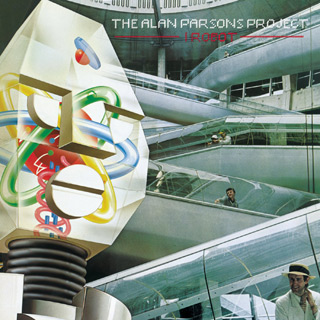
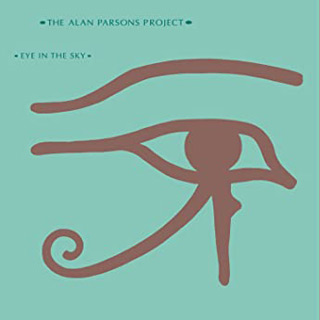
Cryptic Rock – Very interesting. You have done an extensive list of albums under The Alan Parsons Project as well as under your name alone. You said you always look at yourself as a producer, and you have produced a lot of different albums for different artists. You have a very unique style, you can tell it is an Alan Parsons production. How would you describe the progression of your production style?
Alan Parsons – I’m always baffled when people say, like you just said, that when you hear something with my name on it, that it is me. I don’t strive in any sense whatsoever to achieve my sound. I don’t really know what my sound is, I just work on instincts and just do what I feel is right. People say, “it’s unmistakably you,” and it really baffles me.
Cryptic Rock – Well your sound has an atmosphere to it and a very careful attention to detail. You have done a lot of production with analog equipment. Which leads to another question, what do you think of digital versus analog?
Alan Parsons – I supported digital right from the beginning; including the CD format. I mixed probably the last three to four albums digitally, but it always was through an analog console; that makes all the difference. My last two Alan Parsons albums have both been made on an analog console and it’s lovely to get back to that. It’s just really the recording media which is different, which is a digital format; which everybody else uses, Pro Tools.
Cryptic Rock – It does make a big difference. A lot of modern recordings which are recorded strictly digitally feel and sound a bit cold, as well as not having as much depth. How do you feel about that?
Alan Parsons – I think you would have to have a pretty golden ear to say, “That’s definitely analog and that’s definitely digital.” I am with you though, there is not enough analog-ness in a lot of current products that I’ve been hearing. There is the Netflix series, Stranger Things, which is using ’70s and ’80s music largely; and it has put Kate Bush back at number 1 on the charts. I’m hoping I can get a song or two on the next shoot of that.
Cryptic Rock – That would be great, and extremely fitting to Stranger Things! As far as your music is concerned, you came out with a new album in 2019, and that was your first album under your name, Alan Parsons, in a while. Now you have a new album in 2022, From The New World. Before we dive deeper into the new album, tell us what inspired you to start recording under solely your name again in 2019?
Alan Parsons – It was high time in 2019 for The Secret. I had been lying pretty low as far as recording under my own name. I kept busy, I played live shows, I did remixes of the early albums, I did an album with Steven Wilson, and I did an album with Jake Shimabukuro who is an amazing ukulele virtuoso. That really explained the long gap before putting anything else out, and I didn’t want that long gap to happen again. We were only three years out from The Secret, and we also had live albums and videos which took time to remix and process.
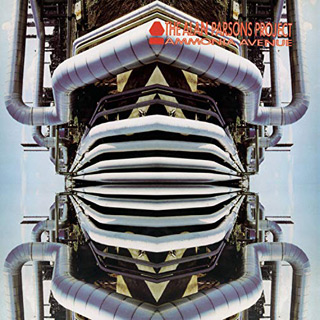
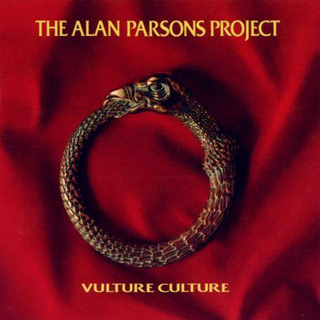
Cryptic Rock – Absolutely, and it is great to see you make such a quick turn around with a new album with From The New World. From The New World was released on July 15th and it is fantastic. This new album, much like your previous albums, has a wide array of different vocals. When deciding who to pick to sing on each track, how do you do so?
Alan Parsons – It’s not so much a decision. The voice I hear in my head, or the voice of one of the band members is suggested and we make the call. They come in, do the vocals, and we say this is great, we don’t need to go anywhere else with it, this person did a great job. That was nevermore so the case with David Pack (best known for his work with Ambrosia) on the song he sings, “Won’t Be Led Astray.” His history with me goes back a very long time because I mixed the first Ambrosia album and produced the second.
We also have Joe Bonamassa making an appearance; I’m very proud of that and I’m very glad he agreed to do it. We also had Tommy Shaw from STYX, which I heard through the grapevine he was a fan, so it didn’t take much persuasion to ask him to do the song “Uroboros.” Once I settle on contacting somebody it invariably actually happens. I’ve only on one occasion said, “sorry, this doesn’t work,” and out of fairness to that person I won’t say who it is.
Cryptic Rock – It all works very well. When it comes to an album it is a very big challenge to make it cohesive, and you do a fantastic job doing that with different voices. When you listen to an album you expect a cohesion, but this album is exceptionally such.
Alan Parsons – Perhaps, like other artists, I tend to stick to the same musicians. There is a continuity of sound and they are well used to working with each other. That makes my job much easier.
Cryptic Rock – You can hear that. Let’s talk about the final track on the album, a cover version of The Ronettes’ “Be My Baby.” What led to that decision?
Alan Parsons – It was just an indulgence on my part. I’ve always wanted to do it and I couldn’t think of a better time to do it than right now. Phil Spector basically made a huge contribution to the new world music; that is another excuse to call it From The New World. One of the other excuses for calling it From The New World is the fact that I’ve been living in America for twenty-two years now. The main reason for calling it From The New World is because the Czech Composer Antonín Dvořák wrote his best known symphony called From the New World. That is where the song “Goin’ Home” came from – it’s an arrangement from one of the movements in Dvořák’s 9th symphony.
Cryptic Rock – That is very interesting to hear. You were scheduled to tour with From The New World, but it was unfortunately cancelled. Will this be rescheduled?
Alan Parsons – Sadly we would have been on tour in Europe in the summer, but I had to cancel. I had a bad back issue which required surgery. There was no way I could have been on the road. I was terribly sad to lose the European tour; particularly The Montreux Jazz Festival, which would have been a wonderful thing to do. I hope they will reconsider us next year.
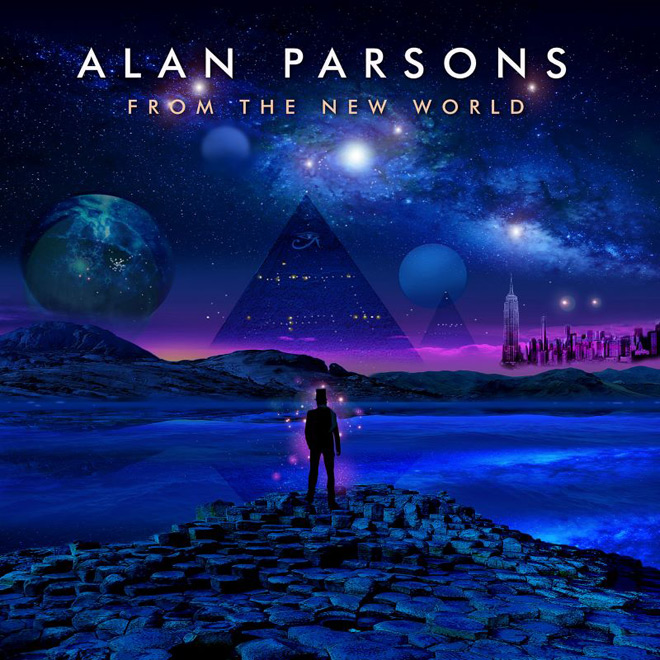
Cryptic Rock – Hopefully, and it would be great to see you performing live again. Speaking of which, do you enjoy playing in the live setting?
Alan Parsons – I enjoy it. I’ve taken less of a backseat recently because I’m doing more singing than I used to. In fact, I ended up singing two of the songs Eric Woolfson sang originally on the original records – “Eye in the Sky” and “Don’t Answer Me” – which were two of our biggest hits. I enjoy the live experience, but I don’t enjoy the travel very much. A concert promoter said to me, “The shows are for free, you just pay for the travel.”
Cryptic Rock – (Laughs) That is an interesting outlook. Sometimes it might be difficult to gauge how many fans you have as an artist. That said, let’s look at a song like “Sirius” which has been included at nearly every sporting event for well over two decades. What do you think of that phenomenon?
Alan Parsons – It’s wonderful and I’m very appreciative of it, but only one percent of the people watching these sporting events know that it’s me. (Laughs) I see people when we start playing “Sirius” live looking at each other saying, “I didn’t know that was Alan Parsons.” (Laughs) The sad thing is that because it gets played at stadiums and arenas that it gets lumped into a pot with everything else, so there is no fee changing hands when it’s used. However, we do get paid when it’s in a commercial or a feature film, or even if American Idol occasionally uses it.
The composition when I first approached writing “Sirius” was to serve as an intro to “Eye in the Sky” and the opening of the album. Never in my wildest dreams did I think it would be a sports theme of any kind.
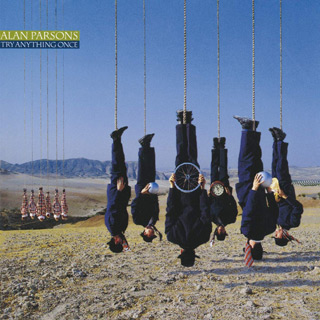
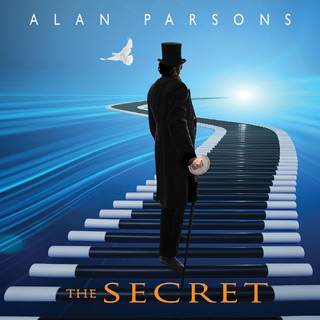
Cryptic Rock – It is truly wild and a fantastic legacy. You mentioned you do enjoy live performances, but not so much traveling. What was it like getting back into live performing after a gap of no touring years ago?
Alan Parsons – We did have a gap. The original band was all British and when I came to The States that essentially disbanded. It was a couple of years through new management that I was persuaded to put a band together and start touring again. Our last album on Arista, 1993’s Try Anything Once, was essentially one of the reasons to go on the road to promote it. We miscalculated everything, lost a fortune on that tour, as so many people do, but it was valuable enough as a precedent.

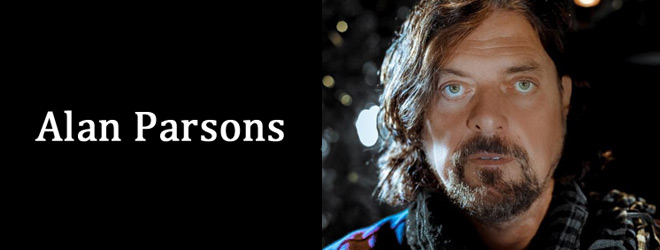
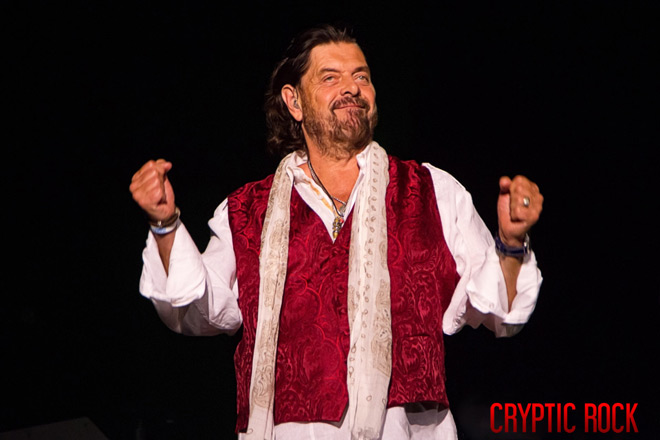
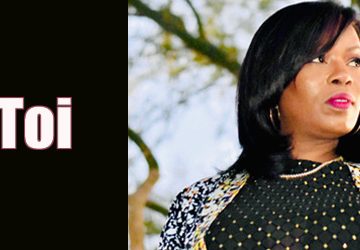

Got Joe to play his guitar. WOW! Some powerful stuff. Love Parson!